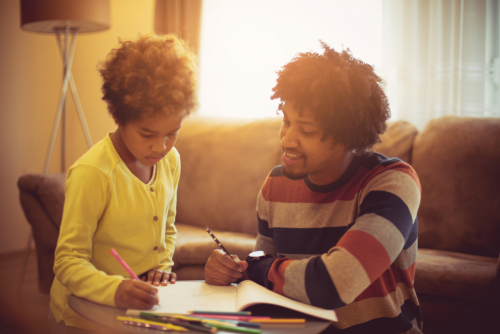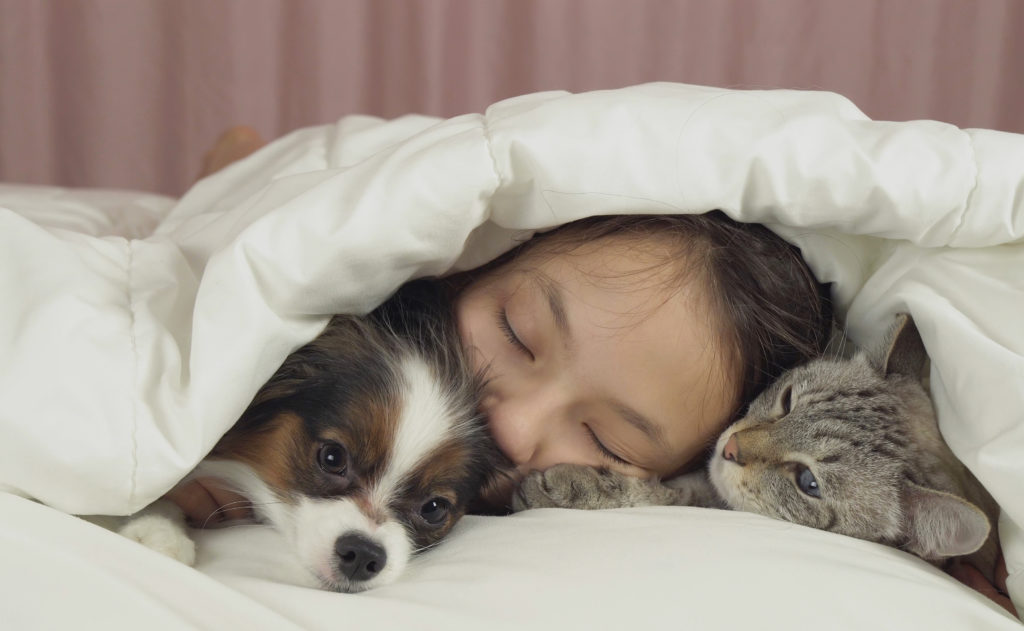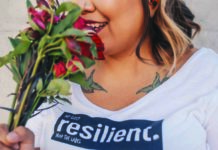
With a pandemic, social unrest, political divisiveness, and environmental disasters dominating headlines, we all want to find the shred of good news buried in our newsfeeds. But logging in every day to read harrowing statistics and worrisome stories can be overwhelming, and it does no favours to our mental health. We need to ask ourselves: How do we control our intake of endless information and preserve our mental well-being?
A difficult year
According to the Canadian Mental Health Association, one in five Canadians will personally experience a mental health issue in any given year. In a poll published in May 2020, Canadians reported an increase in feeling stressed either regularly or all the time, compared to one month before the COVID-19 pandemic hit Canada. COVID-19 has proven to be a significant source of stress, sparking job insecurity, the wait for a safe vaccine, and concern for the health for our loved ones and ourselves.
Throughout North America, the 24/7 news cycle isn’t helping. A recent study from the American Psychological Association found that news consumption had negative effects on mental health for many individuals. Time magazine has reported that half of Americans admit the news causes them stress and that they lose sleep and feel anxiety as a result. In an age where we’re always staring at our screens, it’s hard to not stumble across the latest alarming headline. Yes, it’s important to stay informed about the state of the world. But can we develop healthy coping mechanisms to deal with it?
Coping with your kids
Recently, many families across Canada have sent their kids back to school. It’s another source of stress, as parents need to drill into their kids the importance of wearing face masks, keeping a safe distance from their classmates, and staying healthy and safe overall. This could be a critical period for children. Approximately 70 percent of mental health challenges have their onset in childhood or adolescence, so we need to help little ones navigate these troubling times.

Explaining a pandemic to your kids is no easy matter. Anxiety Canada reports that it’s best to have an open dialogue. Answer their questions, and don’t be afraid to admit that maybe you’re a little worried too. It’s equally crucial to tell them what’s fact and what’s fiction. A McGill University study recently reported that those who use social media (something your kids probably love to do) are more likely to believe false information found online, including conspiracy theories, misleading statistics, and false claims about how to treat the virus. Learn with your little ones about how to spot fake versus real news stories, and which resources provide information that doesn’t run on fear-based headlines.
Take time for yourself
Talking it out is one thing. But when the weight of the world starts to feel like too much, consider coping methods just for you. Meditation is more popular than ever, prompting a relaxed state of mind, removing accumulated stresses, increasing energy, and improving health. Other simple ways to quickly calm stress include drinking herbal teas, listening to music, exercising, playing with a pet, or talking to a friend. Try to avoid tempting-but-negative coping methods like drinking alcohol, smoking, trying risky activities, and shutting yourself off from others. Another simple solution? Turn off your phone. While it might seem hard, power it off, put it in a drawer, and spend a few hours disconnected from the news.

Accepting uncertainty
As 2020 rolls toward an uncertain destination, there are some harsh truths we need to accept. We don’t know when the age of COVID-19 will be over or if life will ever go back to our personal definition of “normal.” We can’t control the future, but we can control our actions and how we react to the world around us. Stay informed, but make your overall health a priority. There’s no shame in taking a step back, blocking the outside noise, and putting the focus on yourself and your family.




































